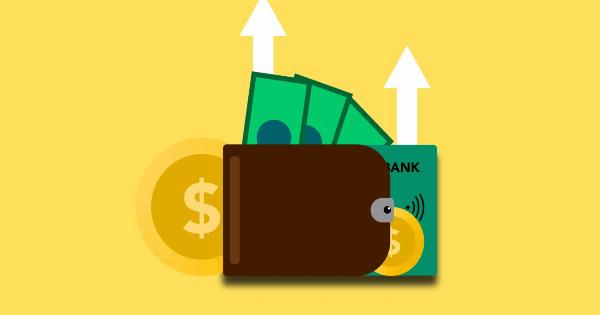Payment exemption is a crucial aspect of any business transaction. It allows certain individuals or organizations to be exempt from making payments for specific goods or services.
The implementation of payment exemption policies is essential for various reasons and plays a fundamental role in ensuring fairness and equality. This article will discuss why the implementation of payment exemption is key and explore its benefits in different contexts.
1. Promotes Accessibility
Payment exemption facilitates accessibility for individuals or groups who may face financial constraints. By exempting them from making payments, it ensures that they can still access necessary goods or services.
This is particularly important for essential services such as healthcare, education, and basic utilities, as it ensures that everyone, regardless of their financial status, can access these services and have their basic needs met.
2. Supports Social Welfare
Payment exemption is instrumental in supporting social welfare initiatives.
By exempting certain individuals or groups from payments, it allows governments or organizations to allocate resources towards social programs that promote the wellbeing of the society. This can include programs for poverty alleviation, housing aid, or educational scholarships.
The implementation of payment exemption policies helps support such initiatives, ensuring that those who require assistance receive it without additional financial burdens.
3. Reduces Inequality
One of the significant benefits of implementing payment exemption is its impact on reducing inequality.
Many societies face income disparities, and payment exemption helps bridge this gap by providing essential services free of charge or at a reduced cost to those who cannot afford them. This reduces the financial burden on disadvantaged individuals and promotes social equality by ensuring that everyone has access to similar opportunities and services, regardless of their financial background.
4. Encourages Compliance
By implementing payment exemption policies, governments or organizations encourage compliance with legal requirements.
When individuals or organizations are burdened with payments that they cannot afford, there is a higher likelihood of non-compliance or evasion. This can lead to a loss of revenue or additional administrative costs for those responsible for enforcement.
By exempting certain individuals or groups from payments, the implementation of payment exemption policies ensures a higher level of compliance and reduces the need for extensive enforcement efforts.
5. Stimulates Economic Activity
Payment exemption can also have a positive impact on stimulating economic activity. By exempting individuals from payments in certain sectors, such as small businesses or startups, it encourages entrepreneurship and innovation.
These businesses can redirect their finances towards growth and development, leading to job creation and economic expansion. Payment exemption policies can serve as a catalyst for economic activity, fostering a more dynamic and prosperous environment.
6. Improves Affordability for Vulnerable Groups
Payment exemption is particularly beneficial for vulnerable groups, such as the elderly, disabled individuals, or those experiencing temporary financial hardships.
These groups often face additional challenges and higher expenses due to their circumstances. Implementation of payment exemption alleviates the financial burden on these individuals, allowing them to afford necessary goods or services that may otherwise be unattainable.
7. Enhances Public Health
Payment exemption plays a vital role in enhancing public health by ensuring individuals can access healthcare services.
Without payment exemption, healthcare services may be inaccessible to those who cannot afford them, leading to delayed or inadequate medical care. The implementation of payment exemption policies ensures that everyone can receive necessary healthcare services, which ultimately results in a healthier population and better overall public health outcomes.
8. Fosters Social Inclusion
Payment exemption fosters social inclusion by minimizing the financial barriers that often prevent individuals from fully participating in society.
By exempting certain individuals from payments, it enables them to engage in essential activities such as education, cultural events, or recreational facilities. This promotes a sense of belonging and ensures that no one is excluded from societal opportunities due to financial limitations.
9. Supports Non-Profit Organizations
Non-profit organizations play a crucial role in addressing various social issues. The implementation of payment exemption policies supports these organizations by reducing the financial burden on their target beneficiaries.
By exempting individuals or groups from payments, it allows non-profit organizations to focus their resources on delivering their mission and providing essential services to those in need.
10. Ensures Equitable Access to Education
Payment exemption in the education sector is key to ensuring equitable access to education. By exempting students from payment of tuition fees, it ensures that education remains accessible for all, regardless of their socioeconomic background.
This is particularly important to promote equal opportunities and bridge the gap between disadvantaged students and those from more affluent backgrounds. Payment exemption policies contribute to building a fairer education system and fostering social mobility.































